
Vietnam ready to deepen comprehensive cooperation with the US
19:05 | 23/03/2025 08:30 | 15/02/2026News and Events
Promoting the strengths of traditional crafts
Hanoi is home to more than 1,300 craft villages and craft-based communities, many of which are renowned not only domestically but also in international markets. These villages have given birth to hundreds of high-value rural industrial products that embody distinctive regional cultural identities.
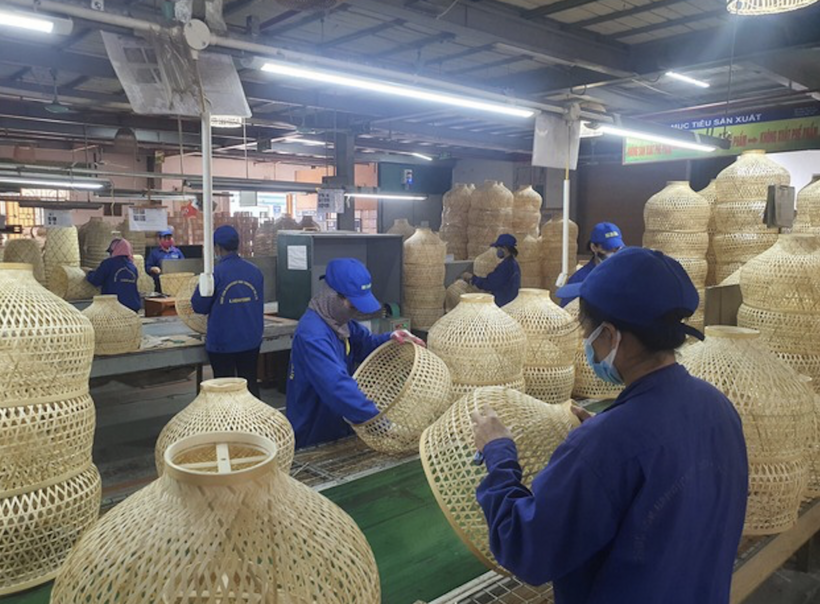
The city has 1,300 traditional craft villages.
Notably, craft villages such as Bat Trang, Van Phuc, and Son Dong have produced unique items that combine tradition with modernity, catering to diverse customer segments. As a result, Hanoi’s rural industrial products are increasingly asserting their position in the marketplace, making positive contributions to economic growth and improving livelihoods.
To maximize these advantages, Hanoi has implemented various measures, most prominently the Program for Selecting Outstanding Rural Industrial Products. The initiative encourages enterprises, cooperatives, and production households to improve quality, innovate designs, and adopt new technologies. Products selected through the program are not only honored but also supported with trade promotion and domestic and international marketing.
In March 2025, the Hanoi municipal People’s Committee issued the Plan for Selecting Outstanding Rural Industrial Products of the City in 2025. The program aims to identify and celebrate products of high quality and utility, with strong production potential and market expansion prospects. These products are expected to meet the demands of both domestic and international consumers while receiving targeted support in production and trade promotion. Additionally, the program identifies city-level products to participate in regional-level selections.
Eligible participants include rural industrial establishments across districts and towns. Products entered may be individual items or product sets, produced directly by these establishments. They must be original, not imitations, and comply with intellectual property rights, industrial property regulations, and relevant quality, safety, and environmental standards. Furthermore, they must have the capacity for mass production to meet market demand.
Categories include handicrafts; processed agricultural, forestry, fishery products and foodstuffs; equipment, machinery, tools, and mechanical parts; and other relevant products.
Towards sustainable development of rural industrial products
To ensure sustainable development, Hanoi has also introduced comprehensive support policies. The city places emphasis on training and capacity-building in management skills, encouraging the adoption of science and technology, and promoting digital transformation in rural production facilities.
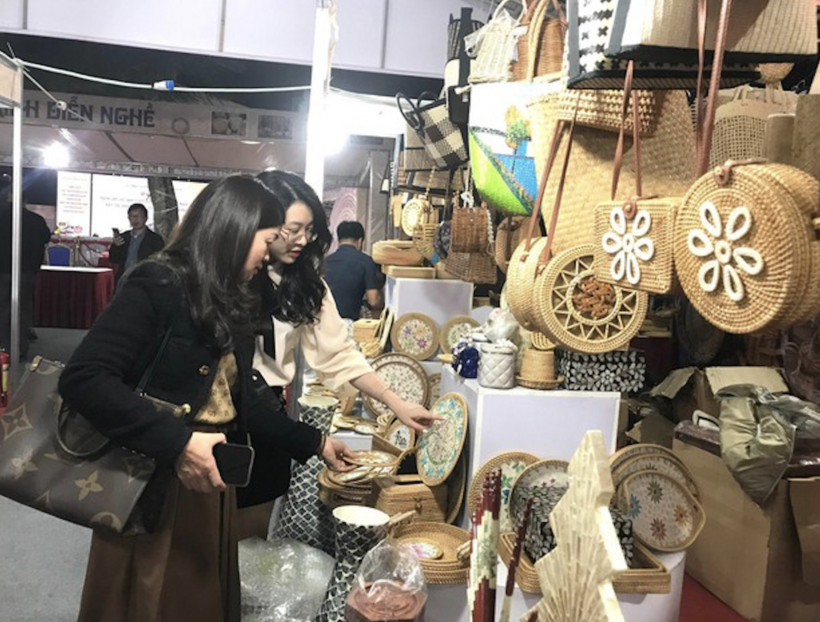
Rural industrial products have secured a strong foothold in the market.
At the same time, efforts are being made to expand distribution channels, strengthen trade promotion, and connect producers with e-commerce platforms. This is a key measure to expand market access beyond local communities to both national and global consumers.
Hanoi’s overarching goal is to enhance the competitiveness of rural industrial products, foster trade connectivity, and develop product groups with high competitiveness that meet export market requirements. The city also seeks to increase added value and integrate advanced technology into industrial and handicraft products.
Through its industrial promotion programs and policies, Hanoi has guided rural industrial establishments towards appropriate investment strategies, improved management capacity, expanded production and business activities, and strengthened competitiveness. Numerous policies and plans have been rolled out over different phases, thereby fostering rural industry, generating jobs, and improving living standards.
In line with Government Decree No.45/2012/ND-CP on industrial promotion, Hanoi has organized thousands of vocational training courses, improving skills for nearly 30,000 rural workers. As a result, more than 80% of trainees have secured additional employment opportunities.
The city has also supported the adoption of modern machinery and equipment, serving as a vital “lever” for rural industrial enterprises to innovate production, enhance product quality, increase labor productivity, reduce costs, and minimize environmental pollution.
The quality of goods showcased at fairs and exhibitions has improved significantly, with many innovative products attracting international buyers and importers. According to the Hanoi’s Department of Industry and Trade, industrial promotion programs have provided the right investment direction for rural enterprises, enabling them to strengthen management, expand production, and improve competitiveness.
On November 20, 2020, the Prime Minister issued Decision No.1881/QD-TTg approving the National Industrial Promotion Program for the 2021-2025 period. Its objectives include fostering trade connectivity for rural industrial products, developing highly competitive products and groups, expanding export markets, and increasing the technological content and value-added of rural industrial goods.
In line with this program, the Hanoi’s Department of Industry and Trade has set a target of supporting more than 10,000 enterprises and rural industrial establishments between 2021 and 2025. These efforts are expected to create jobs for 60,000-70,000 rural workers, and generate over 3,500 new handicraft designs for both domestic and international markets.
Hanoi is also working to expand export markets for handicraft products, aiming to restore and achieve annual growth of 6–8% in export turnover. The city plans to support 8–10 key product groups, and officially recognize 150–180 leading industrial products.
At the same time, measures will continue to address difficulties faced by enterprises, boost production and business activities, and strengthen sustainable value chain connections.
The Program for Selecting Outstanding Rural Industrial Products not only honors Hanoi’s achievements but also serves as a catalyst for rural enterprises to innovate, improve quality, and expand markets. In doing so, it makes a vital contribution to rural economic development while preserving and promoting the capital’s traditional cultural values.

19:05 | 23/03/2025 08:30 | 15/02/2026News and Events
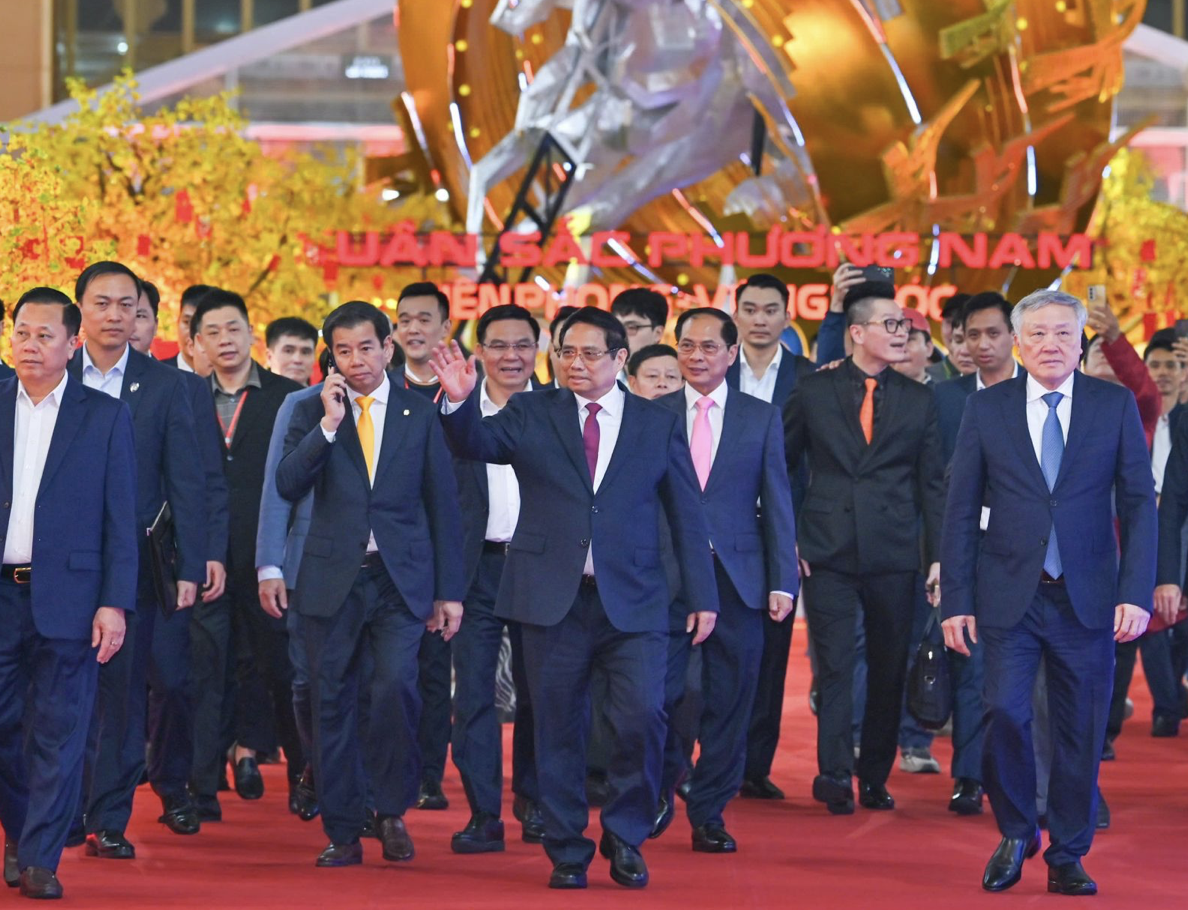
19:05 | 23/03/2025 08:25 | 15/02/2026News and Events
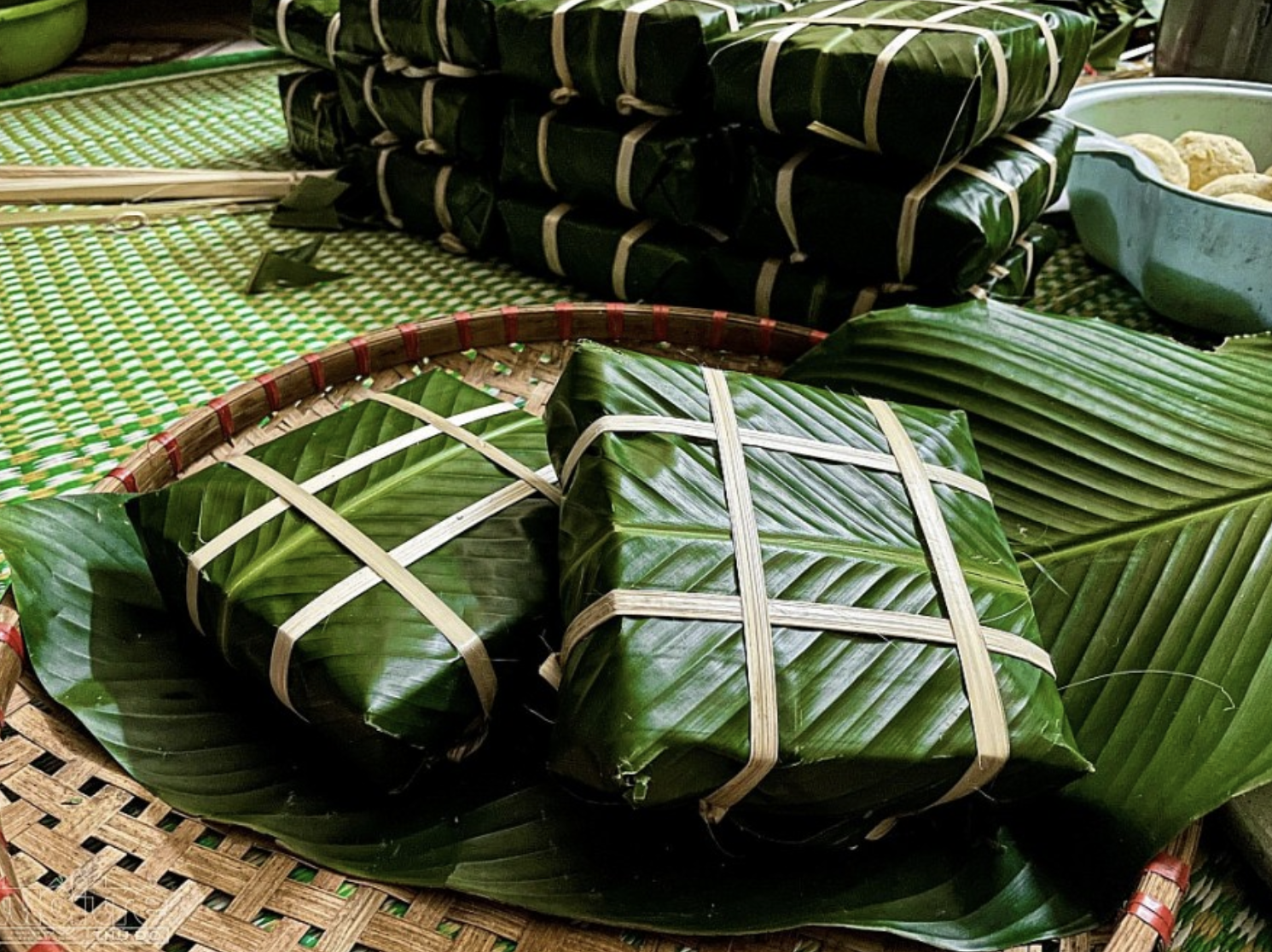
19:05 | 23/03/2025 16:44 | 14/02/2026Tourism
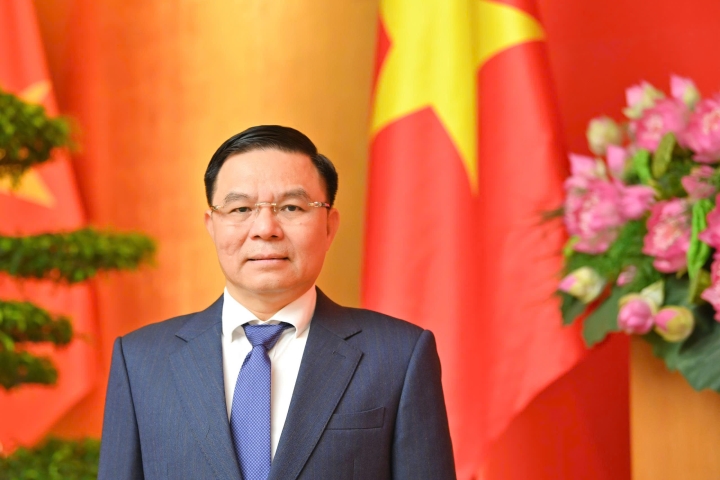
19:05 | 23/03/2025 16:33 | 14/02/2026Home Page
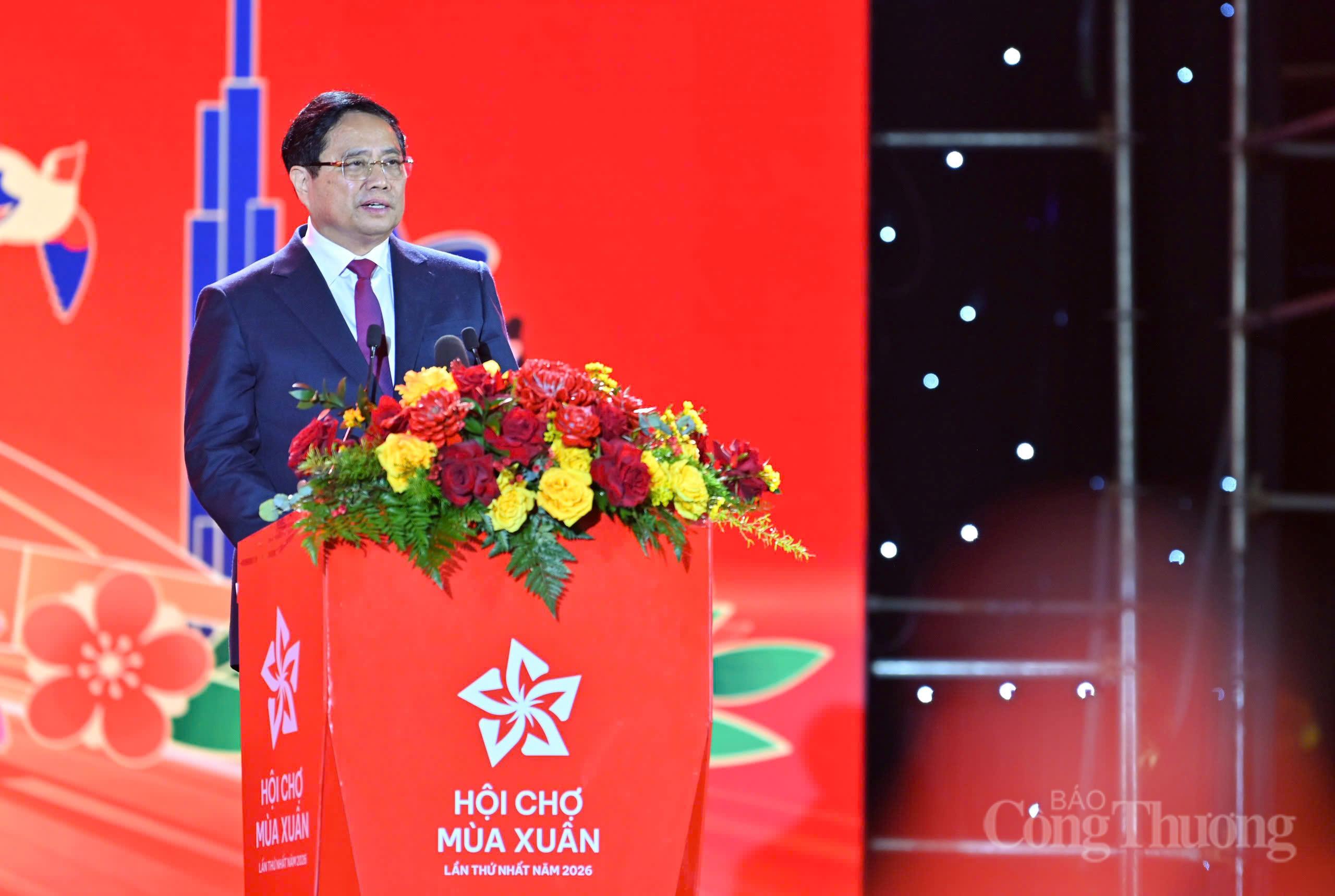
19:05 | 23/03/2025 16:32 | 14/02/2026Trade